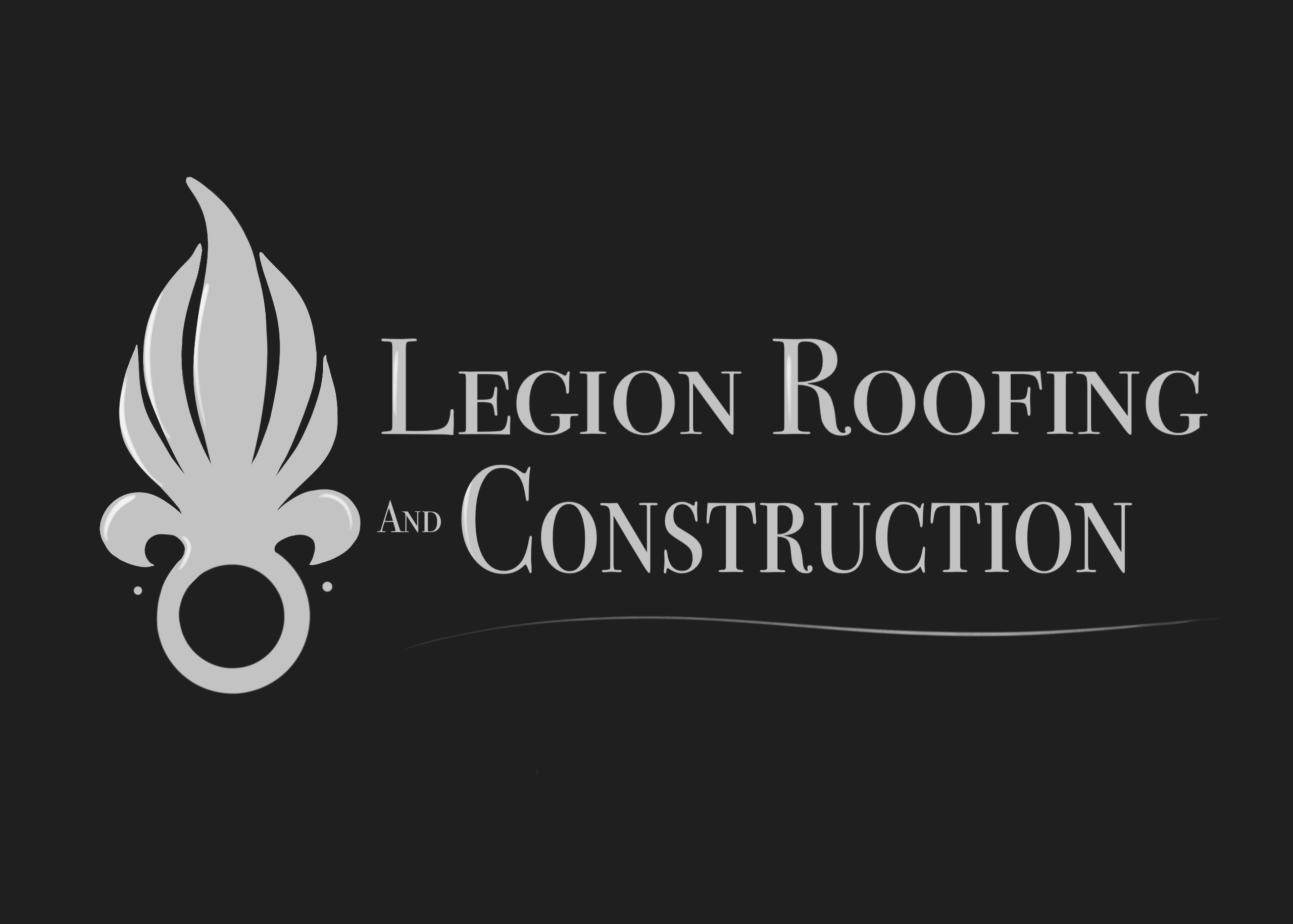Choosing the right roof for your Jacksonville home is a crucial decision that impacts your property’s durability, energy efficiency, and curb appeal. With Florida’s unique climate, including intense sun, humidity, and frequent storms, it’s essential to select a roofing material that can stand up to the elements. In this blog, we’ll guide you through the factors to consider when selecting the best roof for your home and explore the pros and cons of different materials commonly used in Florida.
1. Consider Jacksonville’s Climate
Jacksonville’s climate plays a significant role in how well your roof performs over time. With high humidity, scorching summer heat, and hurricane season, your roof needs to be able to withstand harsh conditions. The best roofing materials for this region are those that offer:
- Heat Resistance: Materials that reflect sunlight will help reduce cooling costs in the hot summer months.
- Wind Resistance: Given the potential for tropical storms and hurricanes, choosing a roof with high wind resistance is crucial.
- Moisture Protection: Materials that prevent moisture absorption and mold growth will extend the lifespan of your roof.
2. Types of Roofing Materials
Each roofing material has its advantages and disadvantages, especially when dealing with Florida’s climate. Here’s a breakdown of the most popular roofing options for Jacksonville homeowners:
a. Asphalt Shingles
- Pros: Asphalt shingles are affordable, widely available, and easy to install. They are suitable for most home styles and can last 15-20 years with proper maintenance.
- Cons: They are more susceptible to wind and heat damage compared to other materials, and their lifespan is shorter in areas with intense sun exposure.
b. Metal Roofing
- Pros: Metal roofs are highly durable, fire-resistant, and can withstand strong winds, making them ideal for hurricane-prone areas. They are also energy-efficient, reflecting heat away from your home.
- Cons: The initial cost is higher than asphalt shingles, but the long-term savings in energy and maintenance often make up for the expense.
c. Tile Roofing
- Pros: Tile roofs are known for their durability and ability to withstand extreme weather conditions, including high winds and heat. They can last 50 years or more and add a distinctive aesthetic to your home.
- Cons: Tiles are heavy, so your home may require additional structural support. They are also one of the more expensive roofing options.
d. Wood Shingles and Shakes
- Pros: Wood shingles offer a natural, rustic look that complements many home styles. They also provide some insulation benefits.
- Cons: Wood is susceptible to rot, especially in humid environments like Jacksonville. They require more maintenance and may not last as long in Florida’s climate.
e. Synthetic Roofing
- Pros: Synthetic materials, like rubber or polymer, are designed to mimic the appearance of other roofing types while offering enhanced durability. They are lightweight, cost-effective, and resistant to Florida’s weather.
- Cons: Some synthetic options may lack the longevity of natural materials, though many new products are engineered to last longer.
3. Budget Considerations
Your budget will naturally play a big role in your decision. While asphalt shingles are the most affordable option upfront, materials like metal and tile may offer better value in the long run due to their durability and energy savings. When determining your budget, also consider:
- Initial installation costs
- Maintenance expenses
- Long-term energy savings
- Lifespan of the material
4. Energy Efficiency
Energy-efficient roofs can significantly reduce your monthly utility bills, especially in Jacksonville’s hot and humid climate. Look for materials that offer reflective properties, such as metal roofing or light-colored shingles. These roofs can help keep your home cooler by reflecting more sunlight and absorbing less heat. Tile roofs also allow for better air circulation, contributing to energy efficiency.
5. Aesthetic Appeal
Your roof is one of the most visible features of your home, so it’s important to choose a material that complements your home’s style. Here are some aesthetic considerations:
- Asphalt Shingles: Available in a wide range of colors and styles, they can suit most architectural designs.
- Metal Roofing: Sleek and modern, metal roofing works well for contemporary homes but can also be customized to fit traditional styles.
- Tile Roofing: Often seen on Mediterranean and Spanish-style homes, tile roofs add character and elegance to your home’s exterior.
- Wood Shingles: Perfect for rustic or colonial-style homes, wood shingles add charm but may not be the best fit for Jacksonville’s climate.
6. Local Building Codes and HOA Requirements
Before deciding on a roof type, check with your local building codes and any homeowner’s association (HOA) requirements. Certain materials or colors may not be allowed in your neighborhood, and there could be specific regulations regarding hurricane or wind resistance. Your roofing contractor should be familiar with these requirements to ensure your new roof is up to code.
Conclusion
Choosing the best roof for your Jacksonville home involves balancing durability, energy efficiency, aesthetic appeal, and budget. With Florida’s extreme climate, investing in a roof that can withstand the heat, humidity, and storms is essential for protecting your home.
At Legion Roofing and Construction, we specialize in helping homeowners select and install the perfect roof for their needs. Contact us today for a FREE consultation and let us guide you through the process of choosing the best roof for your home.

